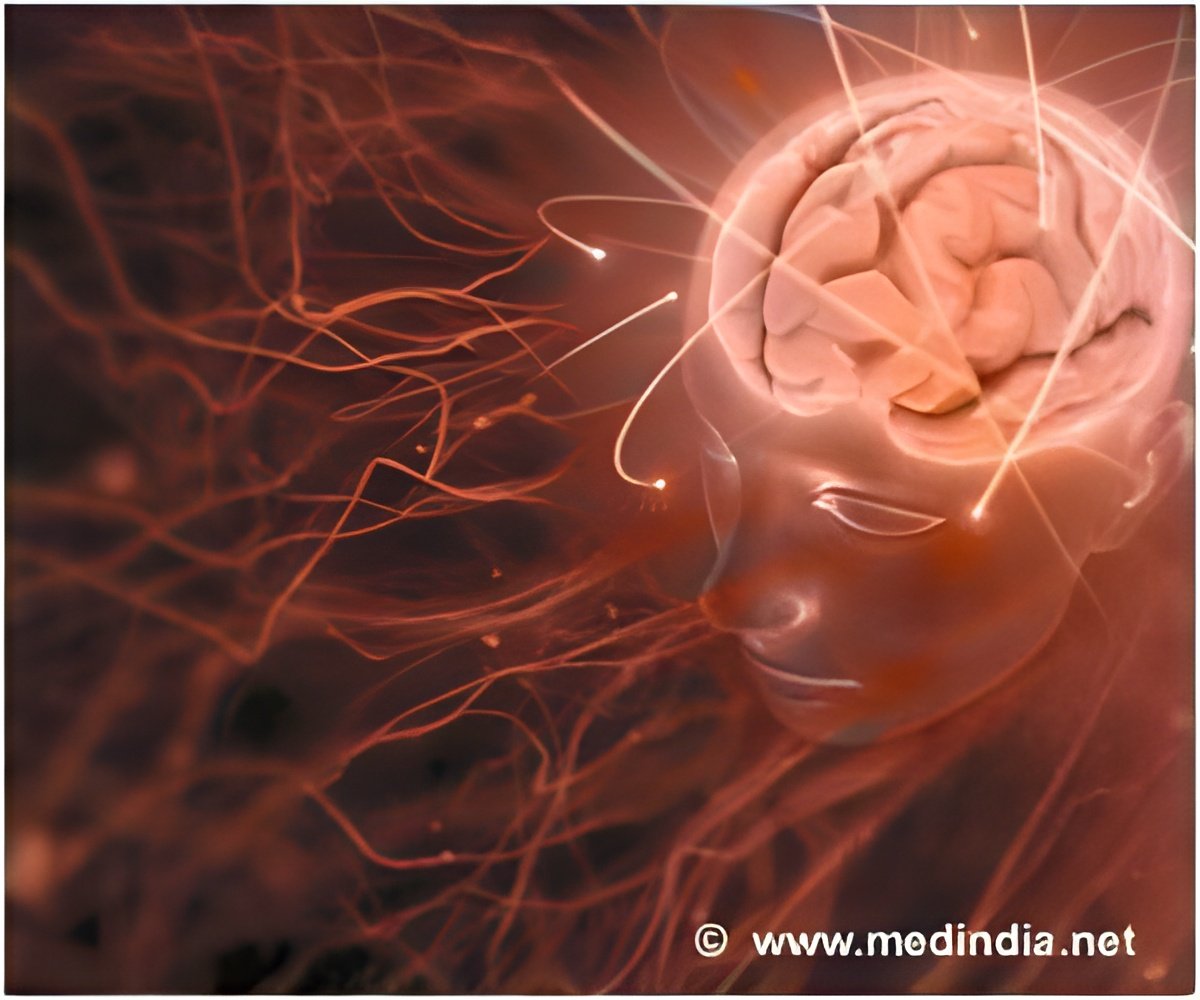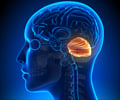Research has shown that several neurodegenerative diseases such as Alzheimer's and ALS are caused when the body's own proteins fold incorrectly.

Plotkin's team has developed an algorithm that can predict which regions of a protein are prone to exposure upon misfolding, and how mutations in the protein and changes in the cellular environment might affect the stability of these vulnerable regions. These predictions help scientists gain a better understanding of protein dynamics, and may one day help in developing treatments to effectively combat currently incurable neurodegenerative diseases. The team will present its findings at the 56th Annual Meeting of the Biophysical Society (BPS), held Feb. 25-29 in San Diego, Calif.
The algorithm developed by Plotkin's group uses the energy equations of thermodynamics to calculate the likelihood that certain stretches of protein will be displayed when the protein misfolds. Since the exposed regions are specific to the misfolded version of the protein, researchers can use these regions as targets for diagnostic and therapeutic treatments. The algorithm can be adapted for different proteins and predicts several potential target regions for each protein. The group has used it to study neurodegenerative disease-causing proteins as well as misfolded proteins that have been implicated in some cancers.
More recently, the research group used computer simulations to manipulate proteins in a virtual environment, testing out how easy it is for mutated proteins to misfold and propagate. Using this tool has helped the team predict the progression of hereditary ALS disease.
"The fact that we can predict the lifetime of an individual diagnosed with hereditary ALS from simulations of a protein's mechanical properties is something that is both satisfying and that gives one pause," says Plotkin. "We hope that such information might give some clues as to how to develop effective therapies for this disease."
The presentation, "Template-directed protein misfolding in silico and in the cell," is at 1:45 p.m. on Tuesday, Feb. 28, 2012, in the San Diego Convention Center, Hall FGH. ABSTRACT: http://tinyurl.com/6pg3vbw
Advertisement
Source-Eurekalert













